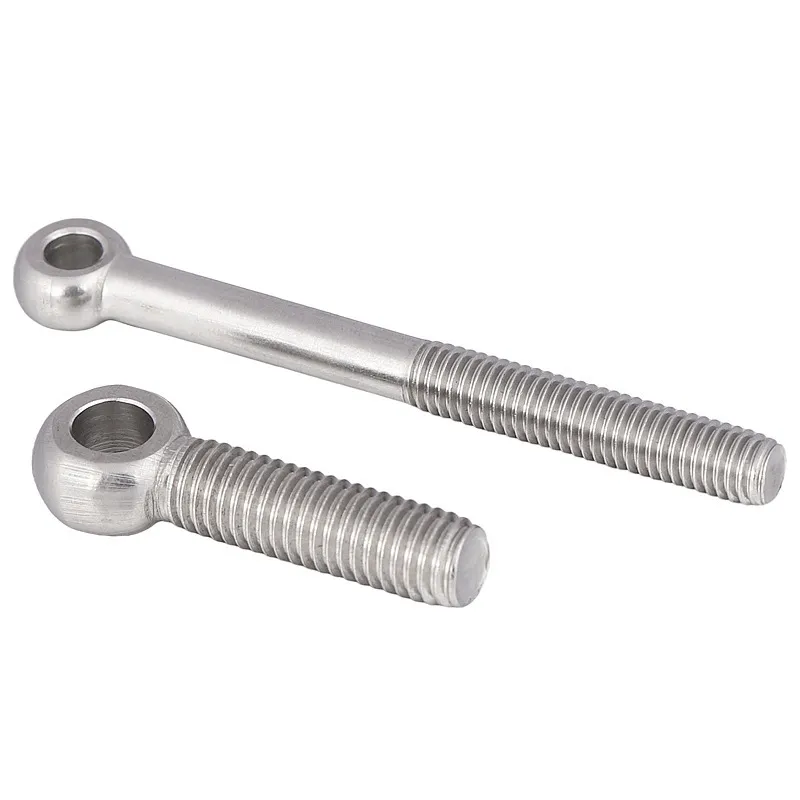

Self-Drilling Screws for Roofing Applications and Their Benefits
Oct . 02, 2024 18:42 Back to list
Self-Drilling Screws for Roofing Applications and Their Benefits
The Essential Guide to Self-Drilling Screws for Roofing
When it comes to roofing, the choice of fasteners is as crucial as the materials used. Among the various types of fasteners, self-drilling screws have gained popularity for roofing applications. These screws are designed to simplify the installation process while ensuring a secure and durable connection between roofing materials and underlying structures. This article will explore the advantages of self-drilling screws for roofing, their applications, and important considerations when using them.
What are Self-Drilling Screws?
Self-drilling screws are specialized fasteners that come equipped with a drill bit tip. This unique feature allows the screw to penetrate materials without the need for pre-drilling a hole, saving both time and labor during installation. They are typically made of high-quality steel and often coated for corrosion resistance, making them ideal for outdoor applications such as roofing.
Advantages of Using Self-Drilling Screws in Roofing
1. Time Efficiency The most significant advantage of self-drilling screws is their ability to streamline the installation process. Since they do not require pre-drilled holes, contractors can save valuable time on the job site, leading to faster project completion.
2. Cost-Effectiveness By reducing the need for additional tools and labor associated with pre-drilling, self-drilling screws help minimize overall project costs. This makes them an appealing option for both residential and commercial roofing projects.
3. Strong Adhesion Self-drilling screws create a reliable and tight connection, which is essential for maintaining the integrity of roofing systems. Their design allows for consistent penetration, ensuring that materials remain securely fastened, even under extreme weather conditions.
4. Versatility These screws are suitable for a variety of roofing materials, including metal, wood, and composite products. They come in various lengths and diameters, allowing for tailored solutions based on specific project requirements.
5. Corrosion Resistance Given that roofing applications are frequently exposed to the elements, self-drilling screws often feature protective coatings, such as zinc plating or polymer finishes, to prevent rust and corrosion, thereby prolonging the lifespan of the roof.
Applications of Self-Drilling Screws
self drilling screws for roofing

Self-drilling screws are widely used in several roofing applications
- Metal Roofing These screws are perfect for fastening metal panels, which are commonly used for both commercial and residential buildings. Their self-tapping ability ensures a secure fit without compromising the panels' integrity. - Roof Decking When installing roof decking, self-drilling screws can effectively attach plywood or OSB boards to metal or wooden framing.
- Solar Panel Installation The ease of installation provided by self-drilling screws makes them an excellent choice for securing solar panels to roofing structures.
Considerations When Using Self-Drilling Screws
While self-drilling screws offer numerous benefits, there are essential considerations to keep in mind
1. Material Compatibility Ensure the screw material is compatible with the roofing materials being used to avoid galvanic corrosion.
2. Correct Size and Type Choosing the right size and type of screw is critical for maintaining the roof's structural integrity. Consult manufacturer specifications for guidance.
3. Proper Installation Following the manufacturer's installation instructions is vital to achieve optimal results. Over-tightening can lead to material damage, while under-tightening may cause leaks or structural failure.
Conclusion
Self-drilling screws are an invaluable asset in the roofing industry, offering efficiency, versatility, and reliability. By understanding their applications and following best practices for installation, contractors can achieve long-lasting and secure roofing systems that stand the test of time. With the right choice of fasteners, a roof not only protects the building but also enhances its overall aesthetic appeal.
Latest news
-
Premium Fasteners Manufacturer | AI-Driven Solutions
NewsAug.01,2025
-
Hot Dip Galvanized Bolts - Hebei Longze | High Strength, Corrosion Resistance
NewsAug.01,2025
-
High-Strength Hot Dip Galvanized Bolts - LongZe | Corrosion Resistance, Custom Sizes
NewsAug.01,2025
-
Best Self Tapping Screws for Drywall - Fast & Secure Installation
NewsJul.31,2025
-
High-Strength Hot Dip Galvanized Bolts-Hebei Longze|Corrosion Resistance&Customization
NewsJul.31,2025
-
Hot Dip Galvanized Bolts-Hebei Longze Metal Products|Corrosion Resistance&High Strength
NewsJul.31,2025

